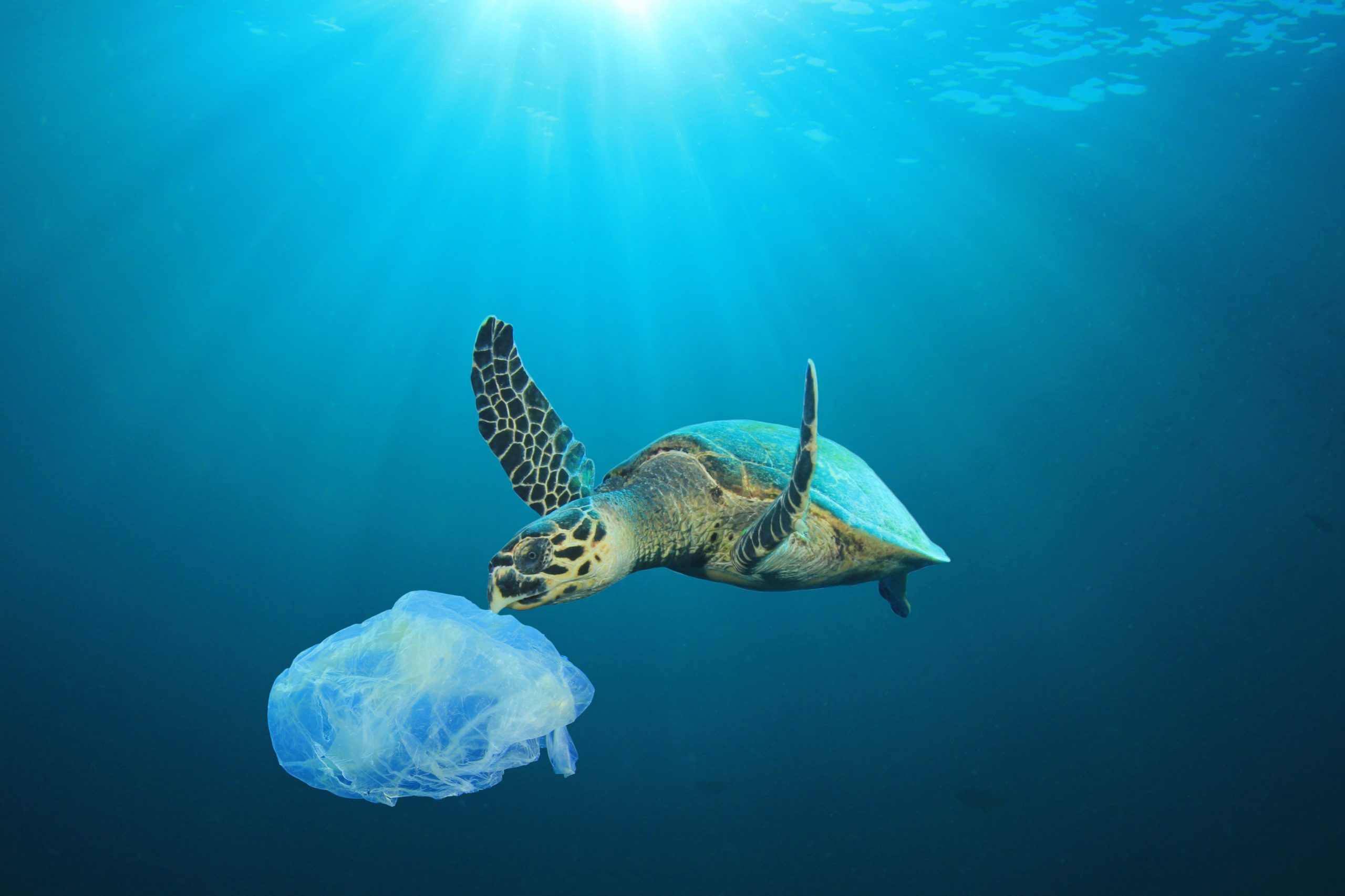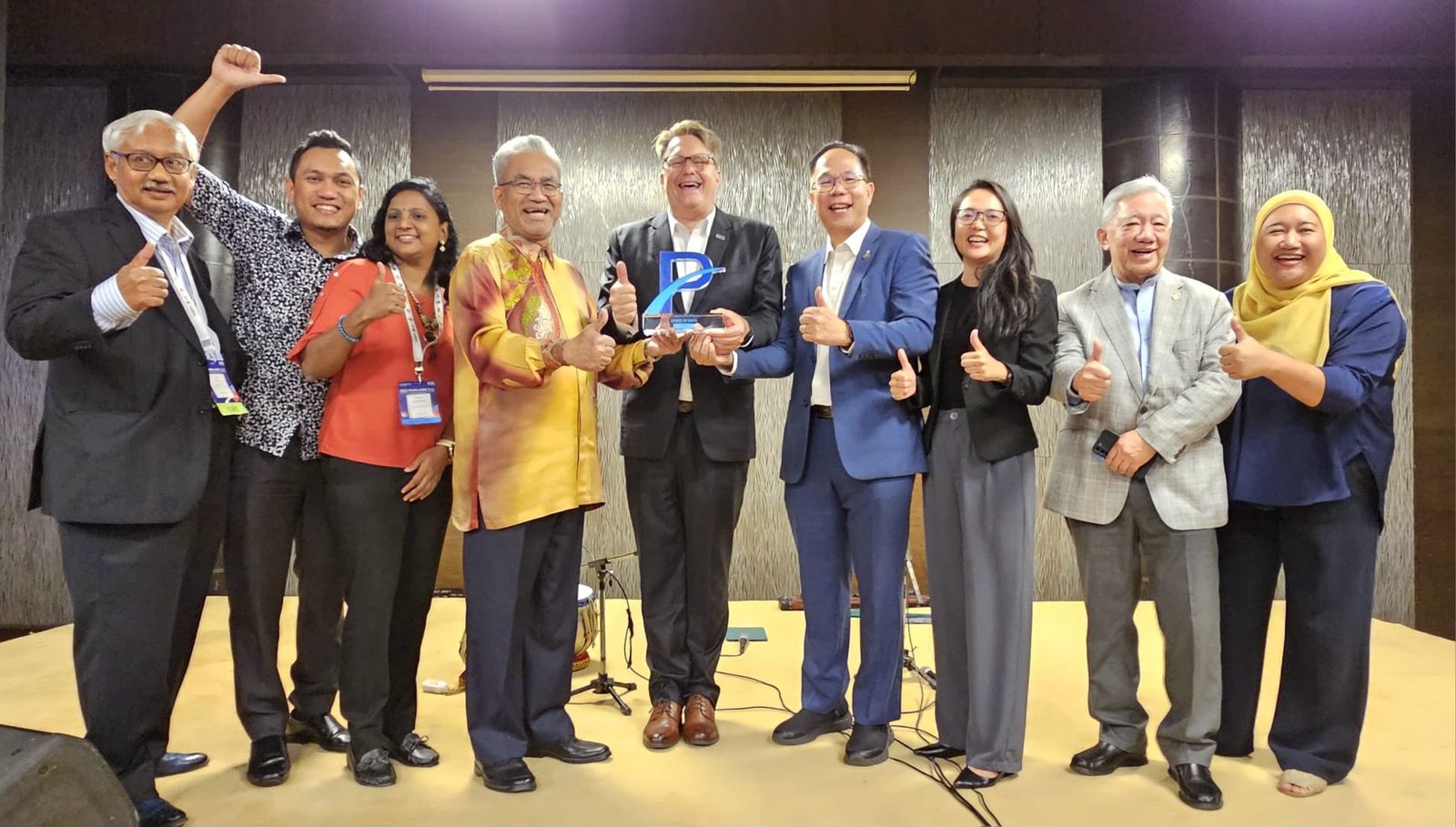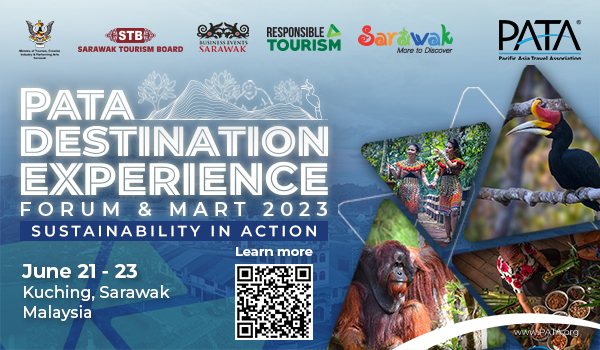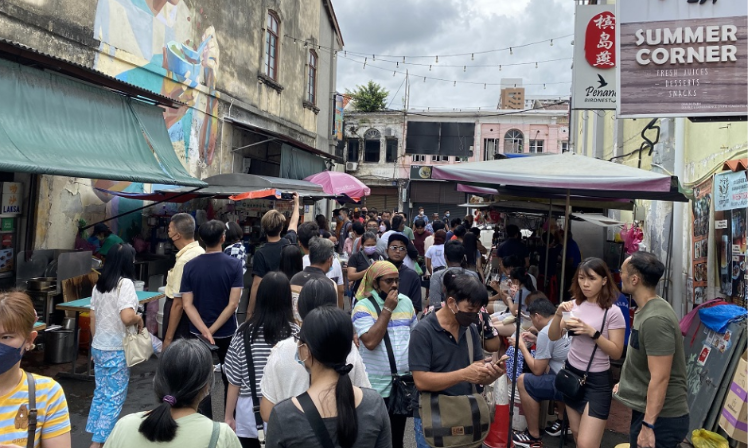PATA has signed up to the Global Tourism Plastics Initiative, which aims to mobilise the tourism industry to take concerted action against plastic pollution.
Led by the United Nations Environment Programme and WTO, in collaboration with the Ellen MacArthur Foundation, the Global Tourism Plastics Initiative enables businesses and governments to take concerted action, leading by example in the shift towards a circularity in the use of plastics.
As a signatory of the Global Tourism Plastics Initiative, PATA commits to eliminate, innovate and circulate its use of plastics.
Specifically, by 2025, PATA commits to encouraging affiliated organisations and businesses of partners to join the initiative by three methods: spreading the word through media channels, highlighting five successful members’ case studies, and including plastics as key component of promoting sustainability in tourism supply chains.
As well, PATA will advise and guide members to better manage plastics in their operations by integrating workshops, toolkits and trainings into Tour Link Project promoting sustainability in the Thai tourism supply chain.
PATA CEO Mario Hardy said: “We recognise that there are many opportunities to solve the plastic problem, but various challenges remain as organisations may want to focus on other sustainability priorities or are not sure of where or how to remove and reduce plastic. Therefore, PATA is committed in helping advise and guide our members to better manage plastics throughout their entire supply chain.”
The Global Tourism Plastics Initiative requires tourism organisations to commit to a set of goals eliminate problematic or unnecessary plastic packaging and items by 2025 take action to move from single-use to reuse models or reusable alternatives by 2025 engage the value chain to move towards 100 percent of plastic packaging to be reusable, recyclable, or compostable;? take action to increase the amount of recycled content across all plastic packaging and items used; commit to collaborate and invest to increase the recycling and composting rates for plastics, and report publicly and annually on progress made towards these targets.
























